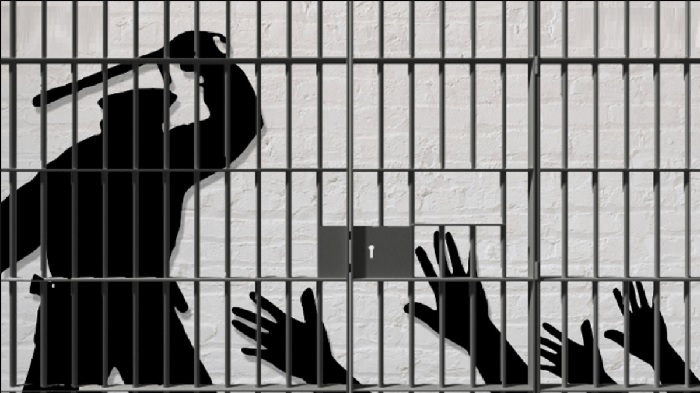Bangladesh Custodial torture, death antithetical to rule of law

THE death of a man in the custody of the Detective Branch in Faridpur once again brings to the fore the worrying pattern of custodial torture and police high-handedness. The family of the deceased has alleged that the man, who was on a five-day remand in a case filed over the violence at Saltha upazila on April 5 when locals protested at the government-imposed restrictions on public movement and business activities, was tortured to death. The family of the deceased also claims that the man, who was arrested on April 16 and was taken to Detective Branch custody on April 28, was not even present at the place where the violence took place. What comes as highly concerning is that when the government has enacted the Torture and Custodial Death (Prevention) Act 2013 as part of its commitment to the Committee Against Torture, a UN body to which Bangladesh is a signatory, to prohibit cruel and degrading treatment to anyone in law enforcer’s custody and punish the perpetrators, custodial torture has become a disturbing practice, undermining the rule of law and people’s right to life and justice.
According to the Ain O Salish Kendra, at least 15 people, excluding the many incidents of extra-judicial killing, died in 2020 in law enforcer’s custody while the number of people tortured in law enforcer’s custody is much higher. Most of the incidents of custodial torture, however, go unreported as the victims or their family feel threatened to file cases against errant law enforcers. Since the enactment of the Torture and Custodial Death (Prevention) Act, about 20 cases are reported to have been filed against the police and 14 of them had final investigation reports while the remaining cases have never rolled into trial proceedings. In this context, the first-ever verdict given on September 9, 2020 in a case of custodial death and an apparently brief respite from police high-handedness after the killing of a retired army major on July 31, 2020 appeared heartening. But police high-handedness appears to have resumed. Custodial torture, as human rights activists say, has come to become a dangerous culture because of a poor application of the Torture and Custodial Death (Prevention) Act. When custodial torture and death have plagued the country, prosecution is rare. Moreover, law enforcers coming to investigate into the incidents of custodial torture and death has yielded little result as these investigations are, as rights activists say, often biased.
The government must realise that custodial torture and death are a threat to justice. The government should form, as jurists and rights activists have demanded, an independent commission to investigate the crimes committed by members of the law enforcement agencies and bring them to justice. The government must investigate into the case at hand to ensure justice to the family of the deceased. The law enforcement agencies must also comply with the rules and follow the court directives concerned while interrogating people in their custody.
Courtesy: New Age











